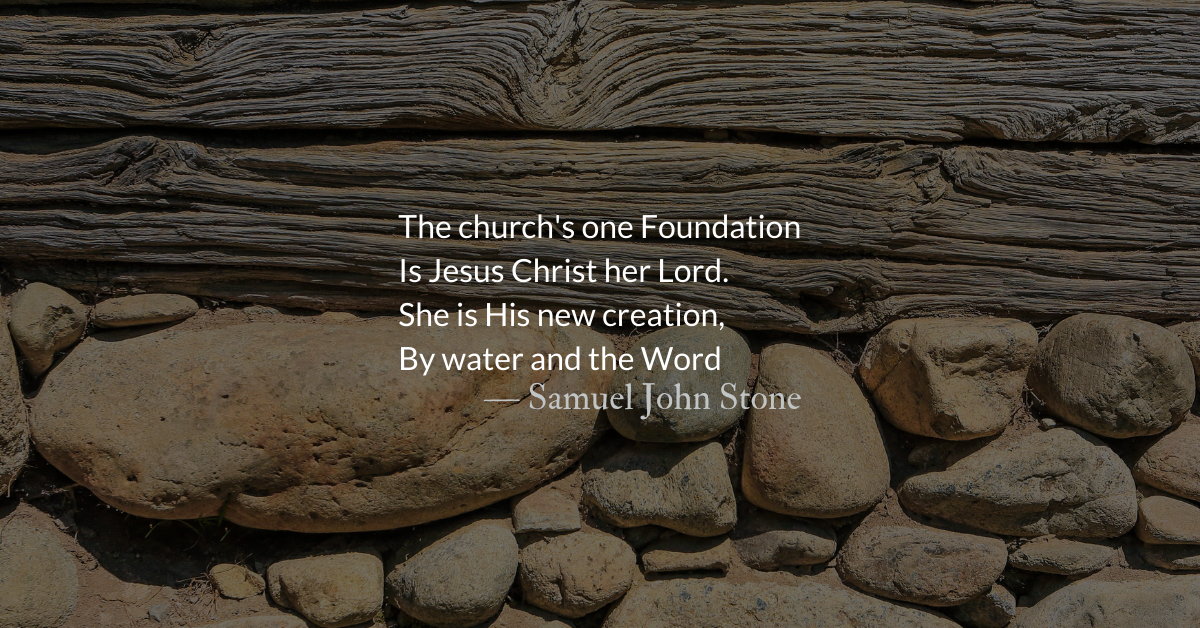Scripture Focus: 2 Samuel 2:26
Abner called out to Joab, “Must the sword devour forever? Don’t you realize that this will end in bitterness? How long before you order your men to stop pursuing their fellow Israelites?”
Reflection: Conflict’s Aftermath
By Erin Newton
Polarized. This word is the constant summary of our life lately. Every area seems to be weighted down in conflict. When we reflect on the darker parts of our history, we like to think they are moments in time, isolated and spontaneous. There is a failure to see the slow progression of change from good to bad. And the even slower progress back to peace.
If Israel’s monarchy was portrayed on a TV episode, the death of Saul would be followed by a short commercial break and the reign of David would begin triumphantly. David was anointed in Hebron but his reign as the king of Israel was slow and filled with more turmoil. The conflict between Saul and David personally had ended but the ramifications continued. More hate, more blood. The house of David and the house of Saul were eager to carry out vengeance and retribution in the name of the lords they served. David was the rightful king and Saul was no longer a threat. The conflict should have ended.
Often there are rippling effects and continual consequences to mindsets that are hardened through a prolonged conflict. Racial discrimination, political rivalry, gender inequality, denominational intolerances, and the suspicion of public healthcare measures are areas that can fester conflict and hatred deep into a soul. Even when bridges are mended briefly, there are those who will continue to seek the destruction of perceived opponents. This can happen through what we say or what we encourage. It can be through our actions to cause pain or the turning of our eyes from someone in pain.
Still, some conflicts have found no lasting resolution. In these times, believers can look to the moment we shifted our allegiance from this world to Christ. This should alter how we function among those who are constantly at war. When did we forget he is the Prince of Peace? Let us ask God to replace the festering anger in our hearts with love.
Love is patient, love is kind. It does not envy, it does not boast, it is not proud. It does not dishonor others, it is not self-seeking, it is not easily angered, it keeps no record of wrongs. Love does not delight in evil but rejoices with the truth. It always protects, always trusts, always hopes, always perseveres. (1 Corinthians 13:4-7)
Divine Hours Prayer: The Refrain for the Morning Lessons
For one day in your courts is better than a thousand in my own room, and to stand at the threshold of the house of my God than to dwell in the tents of the wicked. — Psalm 84.9
– From The Divine Hours: Prayers for Summertime by Phyllis Tickle.
Today’s Readings
2 Samuel 2 (Listen – 5:07)
1 Corinthians 13 (Listen – 2:23)
Read more about Blocking the Way of Wickedness
We don’t always have a choice about working with or living among wicked people, but we can choose how we respond.
Read more about The Best We Can Do
The best we can do—in our strength and wisdom—may not be God’s best for us.






